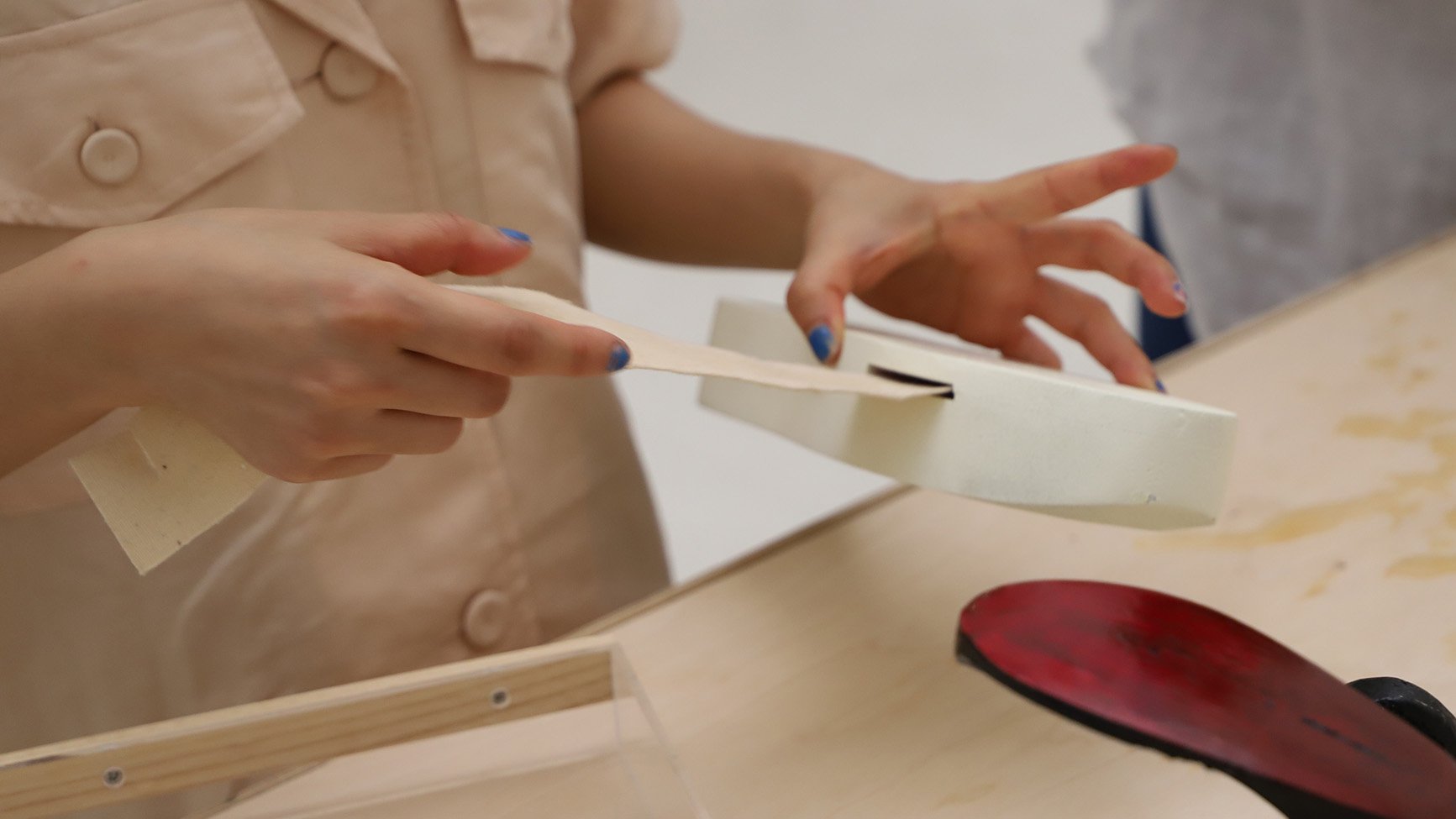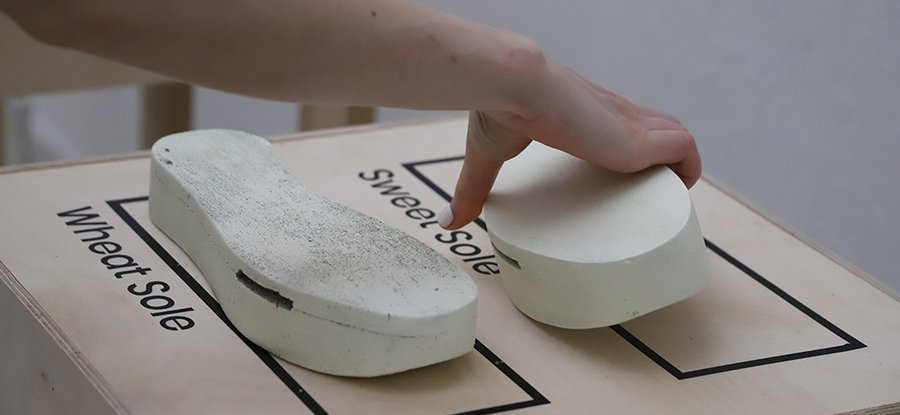
Key details
Date
- 22 April 2022
Author
- Dr Bruna Petreca
Read time
- 3 minutes
As part of Earth Day 2022, the Material Science Research Centre (MSRC) and Textiles Circularity Research Centre (TCC) reflect on the role that human centred design can play in creating circular economies which support environmental wellbeing.
Humanity is living through a crisis that sees our way of life exhausting the earth’s resources and ourselves. This year’s Earth Day theme ‘Invest In Our Planet’ focuses on the role that businesses and consumers can play in creating sustainable futures, illustrating that companies who develop strong Environment Social Governance (ESG) standards not only benefit the planet but have better profitability, happier employees and more resilient stock performance – and demonstrating both the humanitarian and business arguments for companies and consumers to take action and embrace the benefits of a green and sustainable economy.
Research currently being undertaken at the TCC and MSRC focuses on the negative impacts that mass consumption in the fashion sector has on our socio-environmental well-being. In 2018 consumers in the UK consumed clothing worth £60bn. The sector is responsible for over one million tonnes of material going to landfill and incineration each year in the UK. Despite a growing awareness of society’s responsibility to reduce over-consumption, a lack of understanding still prevents people from becoming agents of responsible consumption. From this conflict, the concept of the circular economy emerges – with the aim of helping society transition towards a more sustainable future.

As part of MSRC and TCC research investigating future consumer experiences, in the ‘Compositor Tool’ study we explored how emerging creative technology and interaction design could help people in the circular economy actively empathise and engage with the story behind the materials which make up the products they are consuming. We hypothesise that creative multimodal technologies will help facilitate a shift in the role of citizens from the current model of consuming, using and disposing to a new role as custodians of materials – and active participants investing in a sustainable product cycle.
Forging a closer relationship between consumer and materials can help to promote new product cultures. We investigated the moment of purchase via configuration of products, storytelling, and multimodal interaction techniques for the creation of experiences that could activate circular practices. We developed a retail-based concept tool – 'The Compositor Tool’ – with which we ran a user study to investigate new experiential ways that consumers can participate, engage and invest in the circularity of materials.

‘The Compositor Tool’ presented new ways of understanding materials’ past, present and future to inform how people select and configure materials to build their own shoe. It was comprised of four experiences:
(i) component selection
(ii) material stories (an interactive station that enables understanding of material’s beginnings)
(iii) material futures (an interactive station that enables people to visualise the future life cycles of the materials)
(iv) a materials gym (an interactive station where people can sensorially experience properties of materials).
These were used to provide compelling experiences of materials and to support people in the selection of materials and configuration of products in an engaging and playful way. By using analogue and digital means to add extra layers of information, people were enabled to have a deeper sensory engagement with materials, and to project them in the past (e.g., provenance, applications), and in the future (e.g., performance, care).
The compositor tool study highlighted how experience design and new interaction techniques can introduce circularity as part of consumer experience by forging deeper connections between people, products and materials. By enabling consumers to have more creative and informative material engagement, not only is the user experience enhanced – but also the embodied value of products.
“The compositor tool opened up new approaches helping the consumer understand the temporality of materials and catalysing their desire to facilitate a sustainable life cycle.”
Gamification, storytelling, and multimodal interactions with physical and digital artefacts are shown to create awareness of the importance of decision-making, to facilitate creative interactions and to instigate a desire to care for the materials and products. People are only part of the life cycle of a material for a relatively small portion of time. The compositor tool opened up new approaches helping the consumer understand the temporality of materials and catalysing their desire to facilitate a sustainable life cycle.
These findings are aligned with transformations underway in the fashion sector and highlight important opportunities for empowering consumers to drive changes towards a circular economy – enabling consumers to make better choices and become custodians of materials, and, beyond that, the environment and the planet.
The in depth findings of this research project have recently been published in Multimodal Technologies and Interaction (MDTI)
